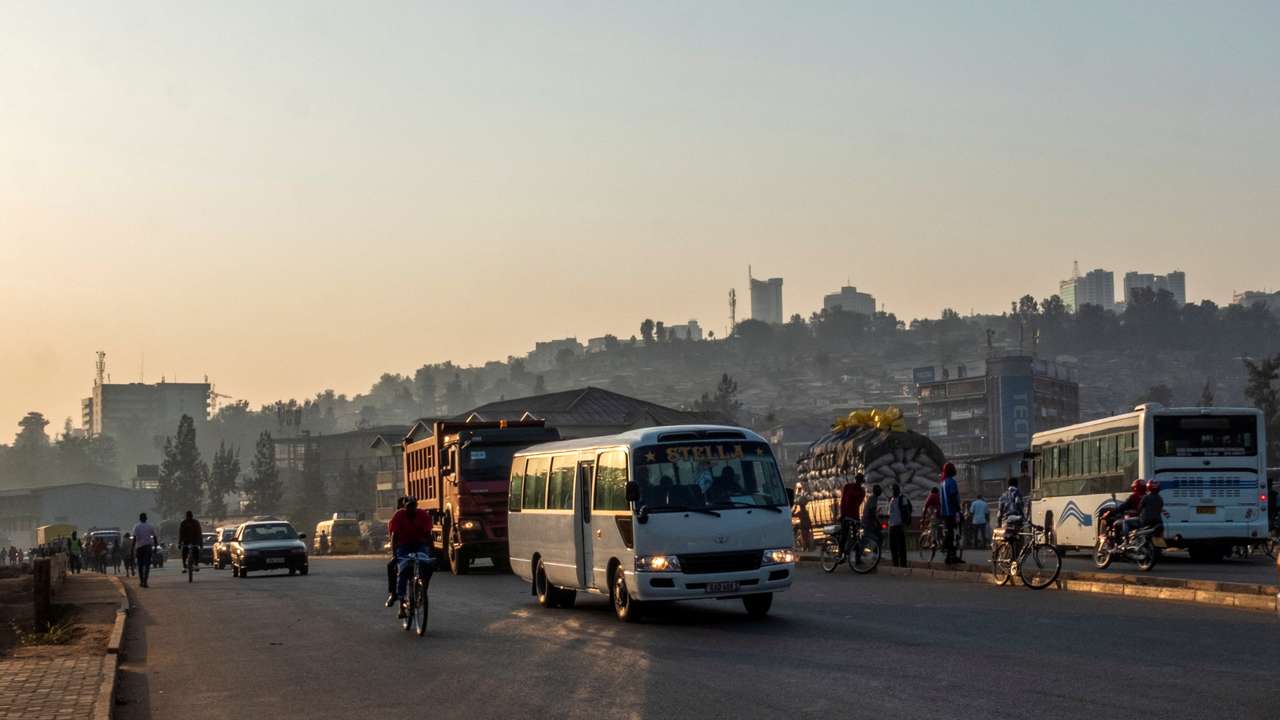Addressing the digital divide as Africa embraces digital transformation

The global digital economy thrives on quality internet access, a fact underscored by the COVID-19 pandemic.
The pandemic necessitated a rapid shift towards digital platforms for work, education, healthcare, and commerce that led to a 20% surge in total internet usage due to factors such as increased demand for videoconferencing and entertainment streaming services, The World Economic Forum reported in 2021.
In Africa, despite infrastructural challenges, the continent is witnessing a surge in internet usage, driven by the proliferation of mobile technology and affordable data with around 570 million internet users in 2022, a number more than doubled compared to 2015, Statista reports.
36% of Africa’s population had access to broadband internet access as of 2022, a 10% increase in 3 years, the World Bank in 2023 reported.
40% of Africa’s population is online, with 13 per cent year-on-year growth in internet penetration, the International Telecommunication Union (ITU) in 2022 reported.
However, this growth underscores the ongoing challenge of the digital divide. Africa remains the least connected among the International Telecommunication Union's six world regions.
Space X's Starlink, a satellite network headed by American multibillionaire Elon Musk, aims to provide low-cost, high-speed internet in remote locations and looks like another means for Africans to bridge the digital divide and increase internet access in the region.
The satellite network is available in over 60 countries across the world including some African countries.
Benin is the most recent of the African nations to authorise the satellite network in their country. Joining Nigeria, Kenya, Mozambique, Rwanda, Malawi and Zambia as the African nations with coverage.
The network is expected to extend its coverage to more African countries in the years to come.